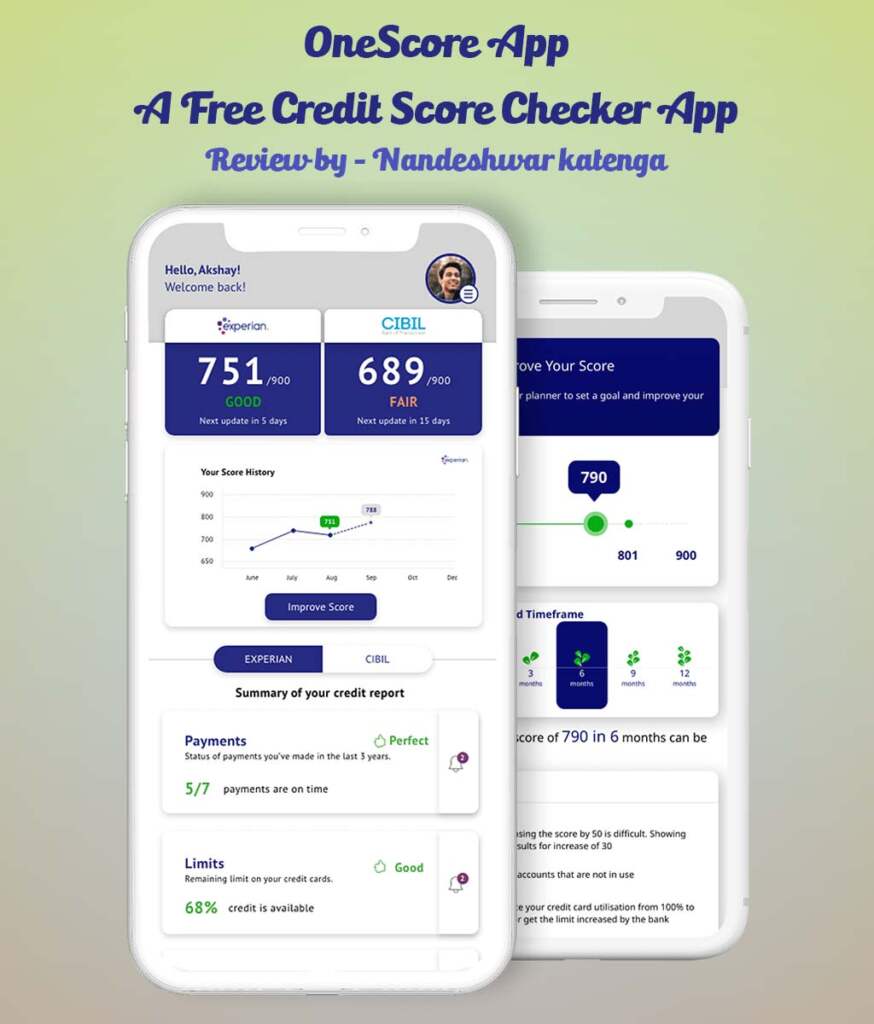Which Bank has the highest interest rate for Fixed Deposit?
In the world of investments, fixed deposits (FDs) have long been favored for their stability and predictable returns. Fixed deposits provide individuals with a secure way to grow their savings while earning interest over a specified period. One important factor to consider when choosing an FD is the interest rate offered by the bank. In this article, we’ll explore the concept of fixed deposits, discuss what factors influence interest rates, and take a look at some of the banks that have historically offered the highest interest rates for fixed deposits.
Related Articles
What are the Fixed Deposits?
A fixed deposit is a financial instrument offered by banks and financial institutions that allows individuals to invest a lump sum amount for a predetermined period at a fixed interest rate. The interest earned on the fixed deposit is generally higher than that of regular savings accounts, making FDs an attractive option for risk-averse investors seeking steady returns. Fixed deposits are considered one of the safest investment options due to the guarantee of the principal amount and the assured interest rate.
Factors Influencing Fixed Deposit Interest Rates
The interest rates offered by banks for fixed deposits are influenced by a combination of economic, market, and regulatory factors. Some key factors include:
- Economic Conditions: The prevailing economic conditions, including inflation rates and overall interest rate trends, play a significant role in determining FD interest rates. Banks adjust their FD rates to remain competitive in the market while considering the economic environment.
- Monetary Policy: Central banks set monetary policies that impact the general interest rate climate. Changes in the central bank’s policy rates can influence the interest rates offered by banks on fixed deposits.
- Liquidity: Banks’ liquidity requirements also affect the interest rates they offer on fixed deposits. If a bank needs to attract more funds, it might offer higher FD rates to attract deposits.
- Competition: The competitive landscape in the banking industry drives banks to offer attractive interest rates to attract and retain customers. Banks with stronger financial positions may offer higher interest rates to gain a competitive edge.
- Duration of Deposit: Generally, longer-term deposits tend to earn higher interest rates compared to shorter-term deposits. This is because longer-term deposits provide banks with a more stable source of funding.
Banks with High Fixed Deposit Interest Rates
It’s important to note that fixed deposit interest rates are subject to change and can vary based on market conditions and individual bank policies. While the following banks have historically offered competitive FD interest rates, it’s recommended to check the latest rates before making any investment decisions.
- Small Finance Banks:
- Small finance banks often offer higher interest rates on fixed deposits compared to larger commercial banks. These banks focus on catering to underserved segments of the population and aim to attract deposits with competitive rates.
- Cooperative Banks:
- Cooperative banks, especially those with strong financial positions, might offer attractive fixed deposit rates. These banks often cater to local communities and can be a good option for individuals looking for higher interest rates.
- Non-Banking Financial Companies (NBFCs):
- NBFCs often provide competitive interest rates on fixed deposits to attract funds. However, it’s crucial to conduct thorough research on the credibility and stability of the NBFC before investing.
- Private Sector Banks:
- Some private sector banks are known for offering relatively higher fixed deposit interest rates compared to public sector banks. These banks often emphasize customer service and might offer more personalized investment options.
- Foreign Banks:
- Some foreign banks operating in India may offer competitive fixed deposit rates to attract customers. These banks can be a viable option for individuals seeking higher returns.
Note
Before making any investment decisions, it’s advisable to consult with financial experts, compare interest rates from various banks, and assess your own financial goals. Remember that while higher interest rates might offer attractive returns, it’s equally important to prioritize the safety and security of your investments.
Conclusion
Choosing a bank with the highest fixed deposit interest rate requires careful consideration of multiple factors. While the interest rate is a crucial aspect, it’s also important to evaluate the overall financial stability of the bank, the terms and conditions associated with the fixed deposit, and the bank’s reputation for customer service. Furthermore, the choice between different types of banks, such as small finance banks, cooperative banks, NBFCs, private sector banks, and foreign banks, depends on your risk tolerance and preferences.


